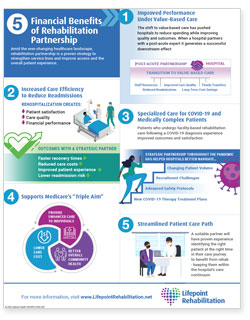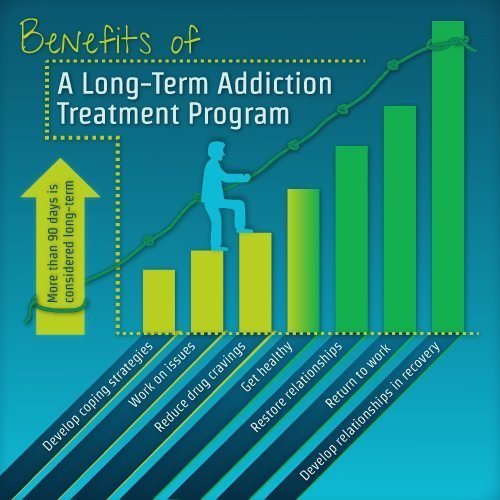Getting The Narconon Africa To Work
The Narconon Africa Ideas
Table of ContentsNarconon Africa Things To Know Before You BuyA Biased View of Narconon AfricaSome Known Questions About Narconon Africa.The Best Guide To Narconon AfricaThe 8-Second Trick For Narconon AfricaThe 45-Second Trick For Narconon AfricaWhat Does Narconon Africa Mean?
In a collection of papers with Manudeep Bhuller and Katrine V. Lken, we overcome these information difficulties and the nonrandomness of imprisonment, using brand-new insights into exactly how imprisonment affects relapse, work, kids, and criminal networks - Substance abuse treatment. Figure 1 Our job researches the effects of imprisonment in Norway, a setting with two vital benefitsWe can further connect this information to other relative, including kids and brother or sisters. Additionally, we know on co-offending that permits us to draw up criminal networks for observed criminal activities. Second, we can leverage the arbitrary project of criminal cases to judges who vary in their propensities to send out accuseds to prison.
Some judges send out offenders to jail at a high price, while others are much more forgiving. We measure a judge's stringency as the typical incarceration rate for all various other cases a court deals with, after controlling for court and year fixed effects, which is the degree of arbitrary job. This quasi-random task of judge stringency can be made use of as an instrument for imprisonment, as it strongly forecasts the judge's decision in the existing instance, however is uncorrelated with various other case characteristics both deliberately and empirically.
The smart Trick of Narconon Africa That Nobody is Talking About
Features of detainees, including demographics and criminal activity groups, are broadly similar in Norway and various other countries, consisting of the United States, with the exceptions that the US murder price is a lot greater, and race plays a larger role there also. What sticks out as various, particularly contrasted with the United States, is the prison system.
Number 2In Norway, the typical time invested in prison is a little over 6 months, which is similar to most other Western European nations. This contrasts with typical US prison time of almost 3 years, which is in huge component the factor the USA is an outlier in its incarceration price compared to the rest of the world [Number 1]
Narconon Africa Things To Know Before You Get This
This provides far more splitting up in between small and solidified offenders than exists in the United States. There is no overcrowding in Norwegian jails and far better personal safety and security, with each prisoner being assigned to their own cell and a greater inmate-to-staff ratio than in the United States (https://triberr.com/narcononza12#). Prisons in Norway also provide well-funded education and learning, drug treatment, mental wellness, and task training programs
Our research on the results of incarceration on the culprit, using the random job of courts as an instrument, yields 3 essential searchings for. Initially, jail time prevents further criminal habits. We locate that incarceration lowers the likelihood that an individual will reoffend within five years by 27 percentage points and decreases the corresponding number of criminal charges per individual by 10 charges.
Getting My Narconon Africa To Work
We discover substantial decreases in reoffending chances and cumulative charged crimes also after defendants are released from jail. Our 2nd outcome is that predisposition due to selection on unobservable private attributes, if overlooked, leads to the erroneous conclusion that time spent in jail is criminogenic. If we just compare criminal offenders imprisoned versus those not sentenced, we discover favorable organizations in between imprisonment and subsequent criminal offense.
This stands in contrast to our analysis based upon the random project of judges, which discovers an opposite-signed result. Third, the reduction in criminal offense is driven by people who were not working prior to incarceration. Amongst these individuals, jail time enhances involvement in programs routed at improving employability and minimizing recidivism, and this inevitably elevates employment and incomes while inhibiting criminal behavior.

Imprisonment causes a 34 portion point increase in involvement in task training programs for the formerly nonemployed, and within 5 years their employment price increases by 40 percent factors. At the same time, the likelihood of reoffending within 5 years is cut by 46 percent points, and there is a decline of 22 in the ordinary variety of criminal fees.
The 10-Minute Rule for Narconon Africa

A plausible explanation for the distinction is that Norway's prison system varies noticeably, both in terms of prison-term length and jail conditions, from the United States jail system. While recognizing the results of incarceration on the wrongdoer is a vital initial action, recording spillover effects is likewise important for assessing criminal justice policy and creating efficient jail systems.
What Does Narconon Africa Mean?

Common least squares approximates disclose that kids of incarcerated daddies are 1 percentage point most likely to be charged with a criminal activity, family member to a mean of 13 percent, and show no result on institution qualities. Using our court stringency instrument, we locate no statistical proof that a father's incarceration influences a kid's very own criminal offense or college grades, yet we are unable to rule out modest-sized impacts.
Unknown Facts About Narconon Africa
We define criminal groups based on network web links to prior criminal cases. When a criminal network member is jailed, their peers' probability of being billed with a future crime lowers by 51 percent points over the following four years - https://gravatar.com/narconon0346.